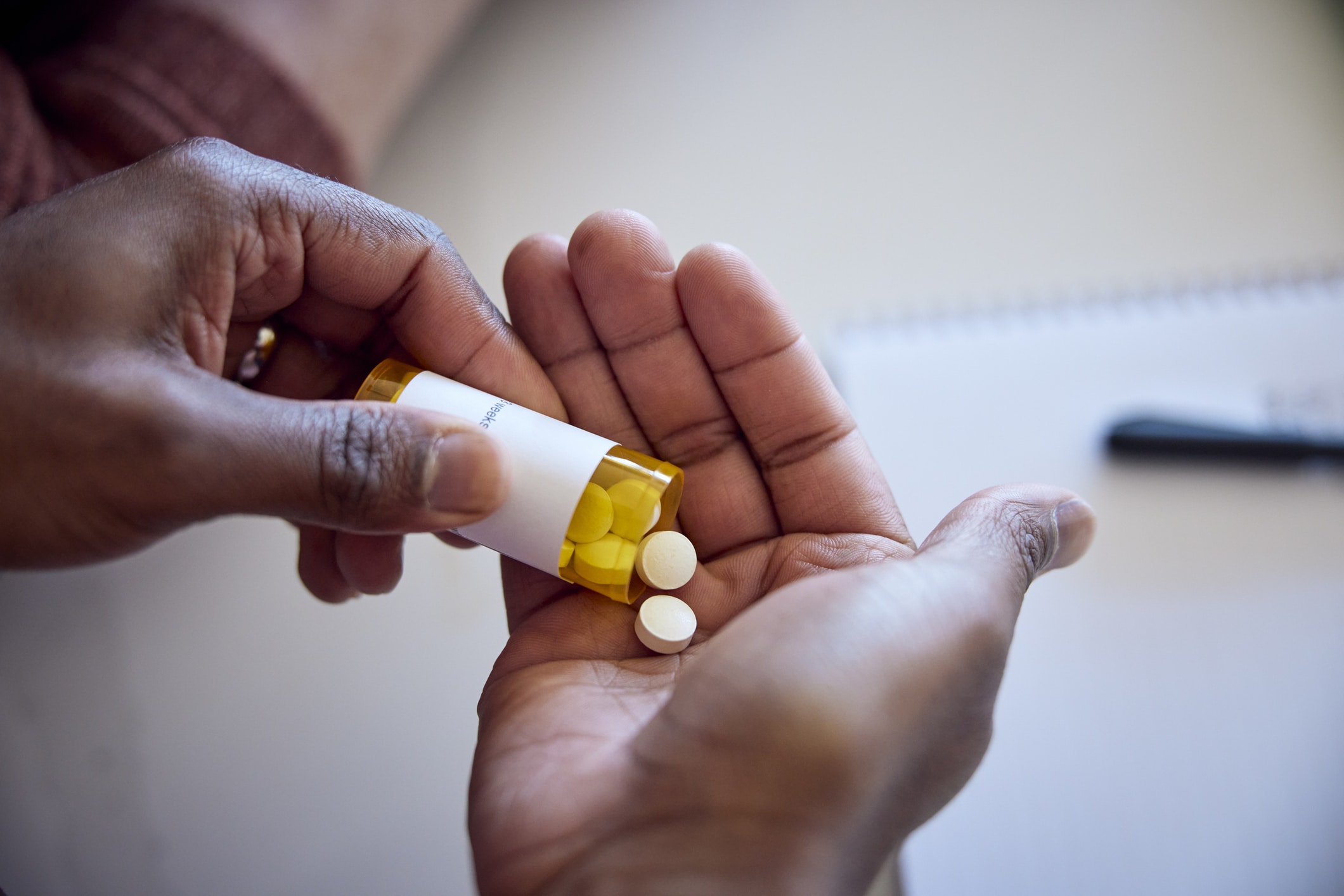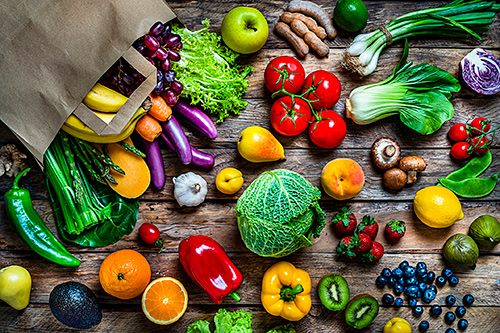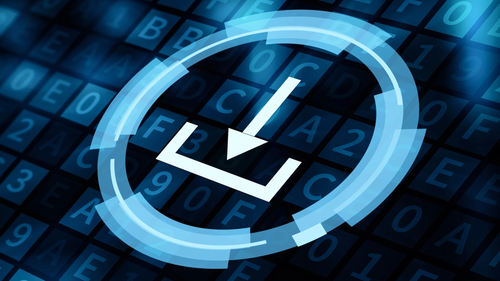How Can Excessive Caffeine Harm Your Health?

Excessive intake of caffeine is harmful to health that causes anxiety and sleeps disturbance. If you have become addicted to this then it has severe side effects. Here in this blog, we will share some of its harmful side effects that will ruin your health. Make sure you are aware of the side effects. Caffeine is a big risk, especially for teenagers and adults. Take a look
Table of Contents
Increase Anxiety Attacks
Intake of caffeine causes anxiety and stress, and various studies have shown caffeine is common among secondary school children. An anxious person will have nervousness and restlessness with normal conditions. Caffeine worsens the condition. You have to be much more cautious with its consumption. If people have anxiety disorders, then they should consult doctors before taking caffeine. Drug addicts would have anxiety issues much more, but if they have increased the level of caffeine, then the condition will become more severe. Drug addicts should keep away from alcohol and cocaine abuse and opium or all type of other drug abuse for a healthy life.
Stomach Disorders
Caffeine increases stomach disorders and promotes gastroesophageal reflux. Excessive caffeine increases nausea, cramps, diarrhea and bloating. People with weak stomachs restrict the daily dose of caffeine to a maximum 2 cups only.
Cause Insomnia
Sleeping disorder is severe, and when a caffeine-addicted person finds it difficult to sleep, it gets combined with other physical problems. It increases fatigue and headache signs. People who are addicted to this would have these problems. People would face sleeplessness and irritability to withdraw from caffeine. Major intake of caffeine before bed always increase sleeplessness issues. The easiest way to deal with insomnia is to avoid caffeine before going to bed.
May Cause Miscarriage
Pregnant women should take care of themselves with caffeine for its excessive intake. It increases miscarriage symptoms and pre-delivery complications. Caffeine easily crosses the placenta through the bloodstream. It can cause a rapid increase in the heart rate and metabolism of the fetus—excessive side effects of caffeine increase fetal growth. Breastfeeding mothers should avoid more than two cups of coffee because it directly affects physical irritability.
Increase Blood Pressure Levels
People who have hypertension issues should be more cautious about caffeine intake. Caffeine increases the blood pressure issue and worsens the heart condition. It makes the heartbeat irregular. Various studies show that intake of coffee is not directly linked with hypertension. Caffeine causes a mild heart attack in young adults because of hypertension, so people who consume more than four cups of coffee are dangerous for heart health.
Urinary Incontinence
Usually, women face urinary incontinence in women. This is called bladder disorder, in which a person usually loses control of the bladder. It is the result of sudden leakage of urine during laughs, coughs or sneezes. Make sure you all are not consuming more than two cups of caffeine in a day.
Increase weight
Caffeine increases stress, and various studies have shown it also increases obesity issues as well. Caffeine can increase weight gain and long term obesity. Caffeine increases the levels of stress hormones that also cause massive hunger pangs. We are not saying coffee is very harmful to health, but its excessive use can give you more weight to the body. Always take the coffee in moderation.
Increase The Chance Of Osteoporosis
Consuming too much caffeine increases the risk of osteoporosis. It also affects calcium performance that interferes with the calcium absorption that results in bone thinning. This issue usually occurs in older women whose calcium intake is below than recommended intake. You would find your muscles achy or in contractions. People who have calcium deficiency would find their condition worse.
Contradict with Estrogen Production
Caffeine is known to be contradicted with estrogen production and metabolism. It increases estrogen production and decreases the levels as well. Majority of people believe that caffeine reduces the chances of getting pregnant for women. Caffeine can have strong effects that complicate your pregnancy. Make sure you have consulted this from your doctor if you are looking forward to conceiving. Get the doctor recommended for the safe dosage of caffeine.
Affect The Collagen Production In The Skin
Caffeine can make your skin dull and affect collagen production in the skin. People facing skin dullness issues or losing collagen should limit the caffeine intake on an immediate basis. It won’t make your skin healthy so make sure you haven’t indulged yourself in all of this.
Trigger Acne
People who are addicted to coffee would have a chance of acne. It increases the body’s stress levels with stress boosting hormone, which is the main reason for breakouts. Do you know caffeine makes your body out of balance because of stress and trigger breakouts? If you love your skin, then limit the caffeine intake because it causes breakouts.
What Would Be the Withdrawal Symptoms of Caffeine?
Do you know caffeine is a smart drug that suppresses adenosine to relax our body? It increases the level of caffeine to avoid other reactions. Caffeine has its worst side effects on the brain. It also affects people in different ways and adds negative effects to caffeine. Its short term withdrawal symptoms would be:
- Headache
- Nausea
- Irritability
- Vomiting
- Muscle pain
- Depression
- Lack of concentration
Get to Know About the Safe Limit of Caffeine
A healthy adult can have a maximum of 4 cups of coffee without worrying about side effects, and people who are on medications should avoid this. Teenagers and young adults should not exceed 100 mg of caffeine daily.
Caffeine is somehow a safe drug for many people, but its excessive use is harmful. It’s essential to stick to one cup only or more than two cups of coffee or tea daily. Keep all the side effects in mind and avoid excessive consumption. People with certain medical conditions should take recommendations from doctors. Pregnant or breastfeeding women need to avoid caffeine.

 Finding the Best Teen Mental Health Facility in Phoenix
Finding the Best Teen Mental Health Facility in Phoenix  Unleashing Your Ultimate Performance: How Dr. Sue’s Sport Hypnotherapy Transforms the Game
Unleashing Your Ultimate Performance: How Dr. Sue’s Sport Hypnotherapy Transforms the Game  Get Help for Your Teen: Understanding the Importance of Teen Mental Health Therapy
Get Help for Your Teen: Understanding the Importance of Teen Mental Health Therapy  Semaglutide Pills for Diabetic Patients and its role in Weight Management
Semaglutide Pills for Diabetic Patients and its role in Weight Management  How and When Must Drug Companies Participate in the 340B Program?
How and When Must Drug Companies Participate in the 340B Program?  What You Need to Know About Bacterial Infections: Causes, Symptoms & Treatment
What You Need to Know About Bacterial Infections: Causes, Symptoms & Treatment  Veganov Trichy: Revolutionizing Plant-Based Dining in South India
Veganov Trichy: Revolutionizing Plant-Based Dining in South India  Wheon.com Gta Vice City: Nostalgia Meets Modern Gaming
Wheon.com Gta Vice City: Nostalgia Meets Modern Gaming  MCD Reflexis: Transforming Workforce Management in the Fast Food Industry
MCD Reflexis: Transforming Workforce Management in the Fast Food Industry  Download Software Tgd170.fdm.97 New Release
Download Software Tgd170.fdm.97 New Release